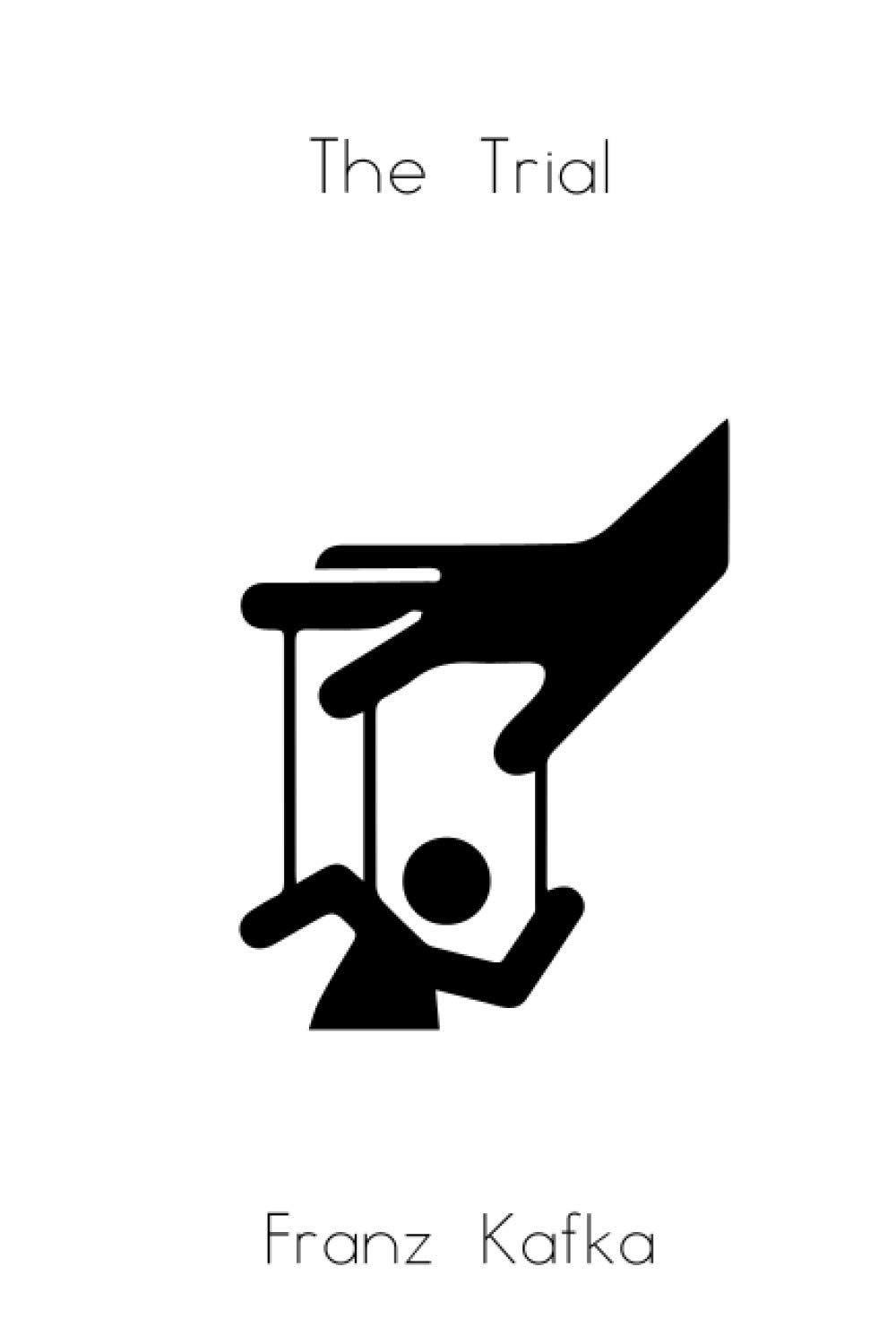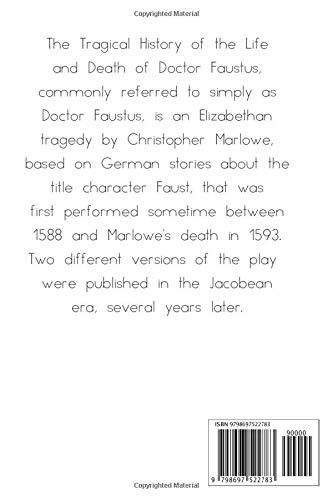Back in university, I had a part-time job at a research center. It was nothing glamorous: I conducted surveys over the phone. Some studies were nation-wide, others were only in Long Island. A few were directed towards small businesses. There I would sit in my little half-cubicle, with a headset on, manipulating a multiple-choice click screen.During the small business studies, a definite pattern would emerge. I would call, spend a few minutes navigating the badly recorded voice menu, and then reach a secretary. Then my menu instructed me to ask for the president, vice-president, or manager. “Oh, sure,” the receptionist would say, “regarding?” I would explain that I was conducting a study. “Oh…” their voice would trail off, “let me check if he’s here.” Then would follow three to five minutes of being on hold. Finally, she would pick up: “Sorry, he’s out of the office.” “When will he be back?” would be my next question. “I’m not sure…” “Okay, I’ll call back tomorrow,” I would say, and the call would end.Now imagine this process repeating again and again. As the study went on, I would be returning calls to dozens of small businesses where the owners were always mysteriously away. I had no choice what to say—it was all on the menu—and no choice who to call—the computer did that. By the end, I felt like I was getting to know some of these secretaries. They would recognize my voice, and their announcement of the boss’s absence would be given with a strain of annoyance, or exhaustion, or pity. I would grow adept at navigating particular voice menus, and remembered the particular sounds of being on hold at certain businesses. It was strait out of this novel.When I picked up The Trial, I was expecting it to be great. I had read Kafka’s short stories—many times, actually—and he has long been one of my favorite writers. But by no means did I expect to be so disturbed. Maybe it was because I was groggy, because I hadn’t eaten yet, or because I was on a train surrounded by strangers. But by the time I reached my destination, I was completely unnerved. For a few moments, I even managed to convince myself that this actually was a nightmare. No book could do this.What will follow in this already-too-long review will be some interpretation and analysis. But it should be remarked that, whatever conclusions you or I may draw, interpretation is a second-level activity. In Kafka's own words: “You shouldn’t pay too much attention to people’s opinions. The text cannot be altered, and the various opinions are often no more than an expression of despair over it.” Attempts to understand Kafka should not entail a rationalizing away of his power. This is a constant danger in literary criticism, where the words sit mutely on the page, and passages can be pasted together at the analyst’s behest. This is mere illusion. If someone were to tell you that Picasso’s Guernica is about the Spanish Civil War, you may appreciate the information; but by no means should this information come between you and the visceral experience of standing in front of the painting. Just so with literature.To repeat something that I once remarked of Dostoyevsky, Kafka is a great writer, but a bad novelist. His books do not have even remotely believable characters, character development, or a plot in any traditional sense. Placing The Trial alongside Jane Eyre or Lolita will make this abundantly clear. Rather, Kafka's stories are somewhere in-between dream and allegory. Symbolism is heavy, and Kafka seems to be more intent on establishing a particular visceral feeling than in telling a story. The characters are tools, not peopleSo the question naturally arises: what does the story represent? Like any good work of art, any strict, one-sided reading is insufficient. Great art is multivalent—it means different things to different people. The Trial may have meant only one thing to Kafka (I doubt it), but once a book (or symphony, or painting) is out in the world, all bets are off.The broadest possible interpretation of The Trial is as an allegory of life. And isn’t this exactly what happens? You wake up one day, someone announces that you’re alive. But no one seems to be able to tell you why or how or what for. You don’t know when it will end or what you should do about it. You try to ignore the question, but the more you evade it, the more it comes back to haunt you. You ask your friends for advice. They tell you that they don’t really know, but you’d better hire a lawyer. Then you die like a dog.Another interpretation is based on Freud. Extraordinary feelings of guilt is characteristic of Kafka’s work, and several of his short stories (“The Judgment,” “The Metamorphosis”) portray Kafka’s own unhealthy relationship with his father. Moreover, the nightmarish, nonsensical quality of his books, and his fascination with symbols and allegories, cannot help but remind one of Freud’s work on dreams. If I was a proper Freudian, I would say that The Trial is an expression of Kafka’s extraordinary guilt at his patricidal fantasies.A different take would group this book along with Joseph Heller’s Catch-22 as a satire of bureaucracy. And, in the right light, parts of this book are hilarious. Kafka’s humor is right on. He perfectly captures the inefficiency of organizations in helping you, but their horrifying efficiency when screwing you over. And as my experience in phone surveys goes to show, this is more relevant than ever.If we dip into Kafka’s biography, we can read this book as a depiction of the anguish caused by his relationship with Felice Bauer. (For those who don’t know, Kafka was engaged with her twice, and twice broke it off. Imagine dating Kafka. Poor woman.) This would explain the odd current of sexuality that undergirds this novel.Here is one idea that I’ve been playing with. I can’t help but see The Trial as a response to Dostoyevsky’s Crime and Punishment. As their names suggest, they deal with similar themes: guilt, depression, alienation, the legal system, etc. But they couldn’t end more differently. Mulling this over, I was considering whether this had anything to do with the respective faiths of their authors. Dostoyevsky found Jesus during his imprisonment, and never turned back. His novels, however dark, always offer a glimmer of the hope of salvation. Of course, Kafka’s universe is devoid of hope. Kafka was from a Jewish family, and was interested in Judaism throughout his life. Is this book Crime and Punishment without a Messiah?I can go on and on, but I’ll leave it at that. There can be no one answer, and the book will mean something different to all who read it. And what does that say about Kafka?





